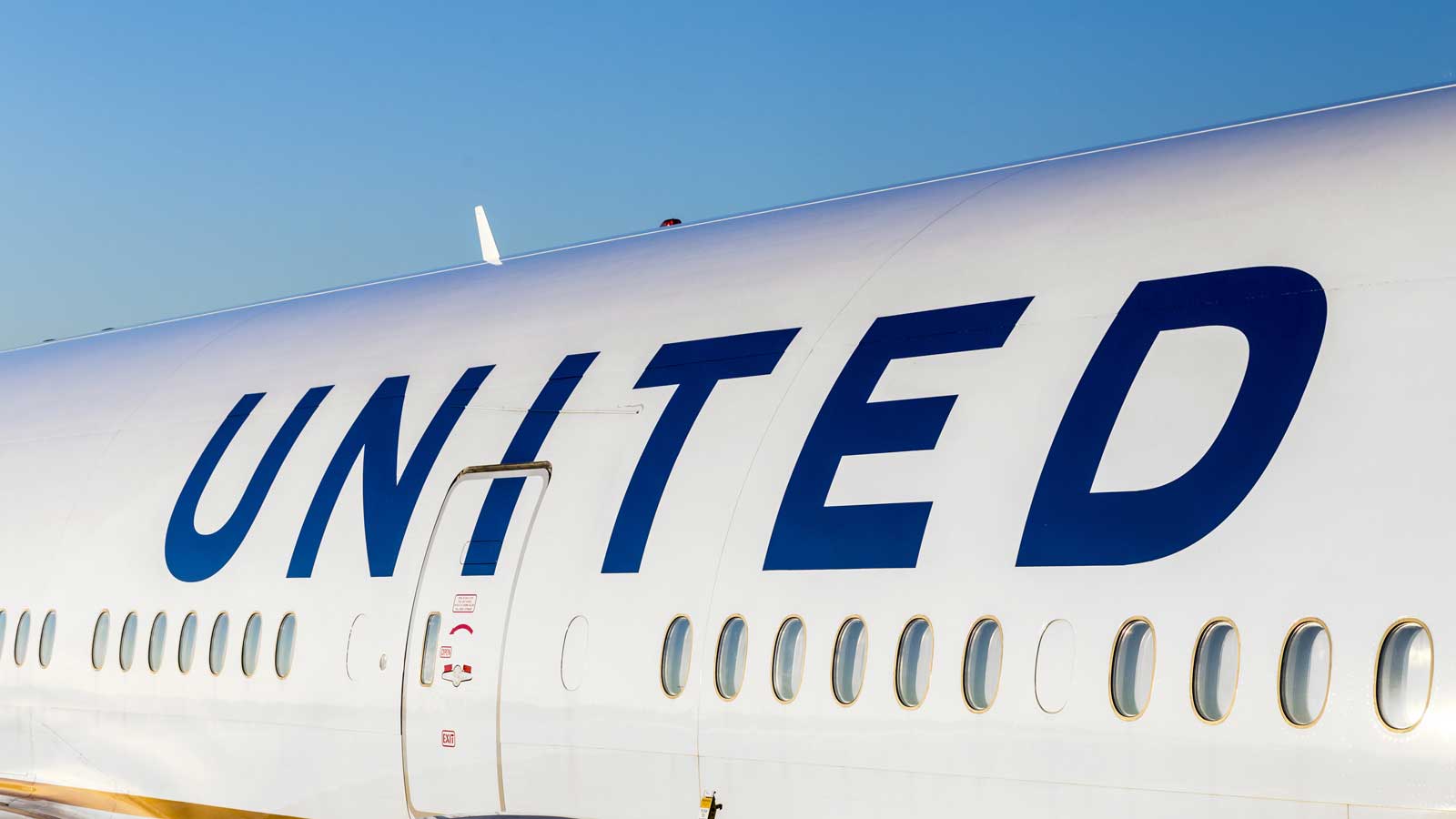The last thing United Airlines (NASDAQ:UAL) stock needs now is controversy. However, it seems that the carrier is involved in a scandal that’s grabbing the headlines.
Still, this probably won’t have a long-term negative impact on UAL stock. Indeed, the shares are worth a “B” rating because United Airlines offers an interesting clean-energy angle for prospective investors.
United Airlines hasn’t had an easy 2022, to say the least. High fuel costs and recession fears didn’t make it easy for United to convince its shareholders to stay in the trade.
On the other hand, loyal investors don’t have to cut and run now. Whether you’re an alternative fuel aficionado or not, you can probably find reasons to stand by United Airlines in the coming year.
| UAL | United Airlines | $37.29 |
Bad but Not Devastating News for UAL Stock Investors
No need to beat around the bush – let’s address the unfortunate development that’s in the headlines. Apparently, Neil Swindells, leader of United Airlines pilots’ union, has resigned due to backlash over some of his online posts.
Swindells was recently elected to that position, and he would have been a member of United Airlines’ board of directors if he hadn’t resigned. Allegedly, Swindells posted offensive comments on a message board frequented by pilots.
Will this controversy be problematic for United Airlines? In the long term, the press will probably move on to other news items. Since Swindells resigned, United won’t need to fire him. Consequently, the impact on the airline’s bottom line will likely be minimal.
Consider UAL Stock for Its Clean Energy Angle
To counter the unfortunate scandal, there’s potentially positive news concerning United Airlines. For example, the carrier plans to resume some discontinued flights from San Francisco International Airport to destinations in Osaka and Hong Kong (though, oddly enough, this wasn’t announced on United’s news page).
Along with that, United Airlines’ investors should know that the company is venturing boldly into clean energy. Notably, United claims to be the first U.S. airline to invest in a biofuel refinery. In particular, United Airlines is investing in NEXT Renewable Fuels. According to the press release, NEXT is “permitting a flagship biofuel refinery in Port Westward, Oregon,” and that refinery is anticipated to commence production in 2026.
Furthermore, United Airlines expressed its alternative energy endeavors by announcing an investment in Natron Energy. That company manufactures sodium-ion batteries which “have the potential to help United electrify its airport ground equipment like pushback tractors and operations at the gate.” Perhaps, by partnering with NEXT and Natron, United Airlines can become an alternative fuel leader in the U.S. aviation industry.
What You Can Do Now
You might never have imagined that a conventional carrier could lead the way in decarbonization. Yet, United Airlines is taking concrete steps in that direction by partnering with ambitious clean energy businesses.
Granted, some investors might be discouraged due to the news items concerning Swindells and his unfortunate online postings. Ultimately, whether you invest in UAL stock or not is entirely your decision. For now, though, it gets a “B” rating as United Airlines has the potential to lead the industry in supporting alternative fuel sources.
On the date of publication, neither Louis Navellier nor the InvestorPlace Research Staff member primarily responsible for this article held (either directly or indirectly) any positions in the securities mentioned in this article.
